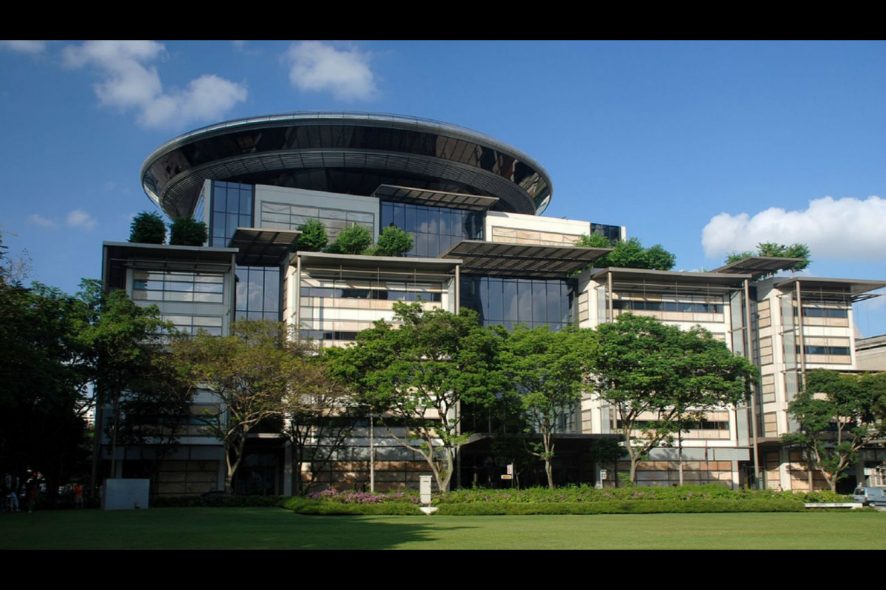Court of Appeal of the Republic of Singapore: In a case of possession of Class A controlled drug for the purpose of trafficking that challenged the Ss. 356, 357 and 409 of the Criminal Procedure Code, 2010 (‘CPC') for being inconsistent with Arts. 9(1) and 12(1) of the Constitution of the Republic of Singapore, the bench of Sundaresh Menon, CJ.,Tay Yong Kwang JCA and Woo Bih Li JAD declared that the CPC Cost provisions were not violative of Articles 9 and 12 while noting that the provisions cannot rationally deter a lawyer from acting in bona fide.
Factual Matrix
The appellant in the case, Abdul Rahim, and a co-accused person, Ong Seow Ping (“Ong”), were scheduled to be executed on Friday, 05-08-2022 after conviction in a joint trial for possessing a Class A controlled drug for the purpose of trafficking under S. 5(1)(a), read with S. 5(2), of the Misuse of Drugs Act for which their appeal was dismissed and eventually filed OC on 01-08-2022. The appellant also challenged CPC Cost Provisions stating that they are invalid for being inconsistent with the Constitution.
Appellant's Contention
The appellants contented that the Declaration Claim is inconsistent with the principles of natural justice and the Constitution. The appellants claimed that it “prevented and/or obstructed from appointing lawyers to review and/or challenge their conviction and/or sentence and/or the clemency process and/or make other legal challenges.” which denied them access to justice and thus, violated Articles 9(1) and 12(1) of the Constitution. The appellants claimed that the exposure to costs by the CPC Cost Provisions made it unlikely for the lawyers to represent them out of fear of costs.
The appellant further mentioned in his OC, 173 as grounds of his stay application, his despondence regarding the assigned counsel, Manoj in joint trial for not calling material witness in the case and not objecting to the facts moulded by the authorities in the trial.
Opinion and Analysis
Relying on Roslan Bin Bakar v. Public Prosecutor, [2022] SGCA 57, the Court opined that the Articles 9 and 12 were not violated by the Declaration Claim. The CPC Cost Provisions were “unlikely to deter” counsel from providing bona fide legal advice and representing clients in good faith. The court also observed that CPC Cost Provisions merely prevents the person or lawyer to appear before a court “improperly” and does not deter them from acting in bona fide appeals of the death-row inmates, moreover, the appellants failed to show a viable legal cause of action supported by facts.
The Court also stated that the OC 173 was devoid of merits and was an abuse of the process of law. The Court dismissed the oral application for the stay on execution presented after five days of notice of execution. The Court exercised its powers under Or. 3 R. 2(2) ROC “to prevent an abuse of the process of the Court” while stating that the OC 173 was “inappropriate”.
[Iskandar bin Rahmat v. Attorney General, [2022] SGCA 58]
*Ritu Singh, Editorial Assistant has put this report together.







